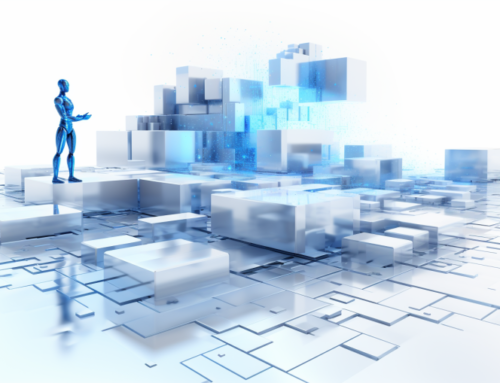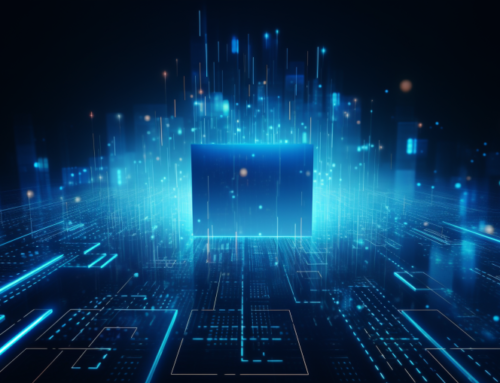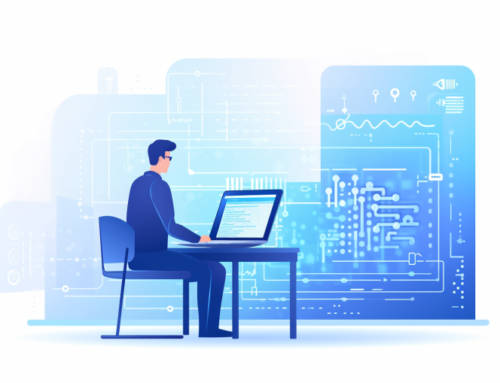The growing integration of Language Models (LLMs) like ChatGPT into DevOps—specifically cloud-native operations—marks an exciting frontier in software development. While many are focused on how AI can generate code or documentation, its applicability extends far beyond these areas. This article delves into how generative AI is revolutionizing tasks ranging from Kubernetes orchestration to automating cybersecurity analysis.
Role of Generative AI in cloud-native DevOps
Creating configuration manifests
Imagine generating complex Kubernetes manifests with simple natural language commands. This is not a future fantasy but a current reality. The kubectl-ai extension integrates OpenAI’s GPT technology, allowing you to initiate and deploy manifests with ease.
For instance, a simple command like kubectl ai “create a service for the nginx deployment with a load balancer” can accomplish what would normally require intricate YAML or JSON configurations.
Streamlining Kubernetes
Cloud-native DevOps has long grappled with the complexities of managing containers, microservices, and autoscaling capabilities. At KubeCon + CloudNativeCon 2023, there was a showcase where a generative AI engine capable of interpreting natural language commands via Slack. This opens new avenues for platform teams to simplify the complexities of Kubernetes, enabling more intuitive workflows.
Automation of testing scenarios
LLMs can be invaluable for automating code tests and reviews, effectively mitigating the risks associated with human error. Tools like Tabnine and Robin AI are harnessing the power of generative AI to identify defects and provide actionable feedback, contributing to more robust and reliable cloud-native applications.
CI/CD Deployments
Continuous Integration and Deployment (CI/CD) pipelines are ripe for AI transformation. Generative AI models can analyze code changes, spot potential issues, and even suggest new rules and automations to streamline the deployment process. This not only makes the CI/CD process more efficient but also addresses specific requirements for DataOps, MLOps, and DevOps pipelines.
Enhanced observability
The utility of GenAI extends to real-time data analysis. Companies like Virtana are incorporating generative AI into their AIOps platforms to enhance cloud-native observability. Such technology can be instrumental in identifying anomalies, including security incidents and errors, thereby ensuring a more reliable cloud environment.
Analysis of cybersecurity
The applications of generative AI in cybersecurity are particularly promising. Tools like GitLab 16 use Language Learning Models to highlight and explain specific code vulnerabilities, thus elevating the standard of cloud-native security.

Deploying AI assistant for cloud native Devops
GenAI’s capabilities also encroach upon the realm of low-code application development. Microsoft has already integrated ChatGPT into its Power Platform, even allowing developers to create custom Copilots. The versatility of generative AI in cloud-native operations is evident and ever-expanding.
While generative AI brings unprecedented efficiencies, it’s crucial to acknowledge its limitations. Concerns around intellectual property infringement, data governance, and operational security are real. It’s essential to evaluate these risks carefully before incorporating generative AI into your cloud-native toolkit.
Nevertheless, the transformative impact of generative AI is already evident, as seen in new releases by leading companies like BMC, Harness, Ansible, New Relic, and Google.
As generative AI continues to mature, we can anticipate a radical simplification of many complexities in cloud-native DevOps, significantly enhancing agility and efficiency across the entire Software Development Life Cycle (SDLC). Generative AI is setting the stage for a paradigm shift in how we think about and engage in software development.


